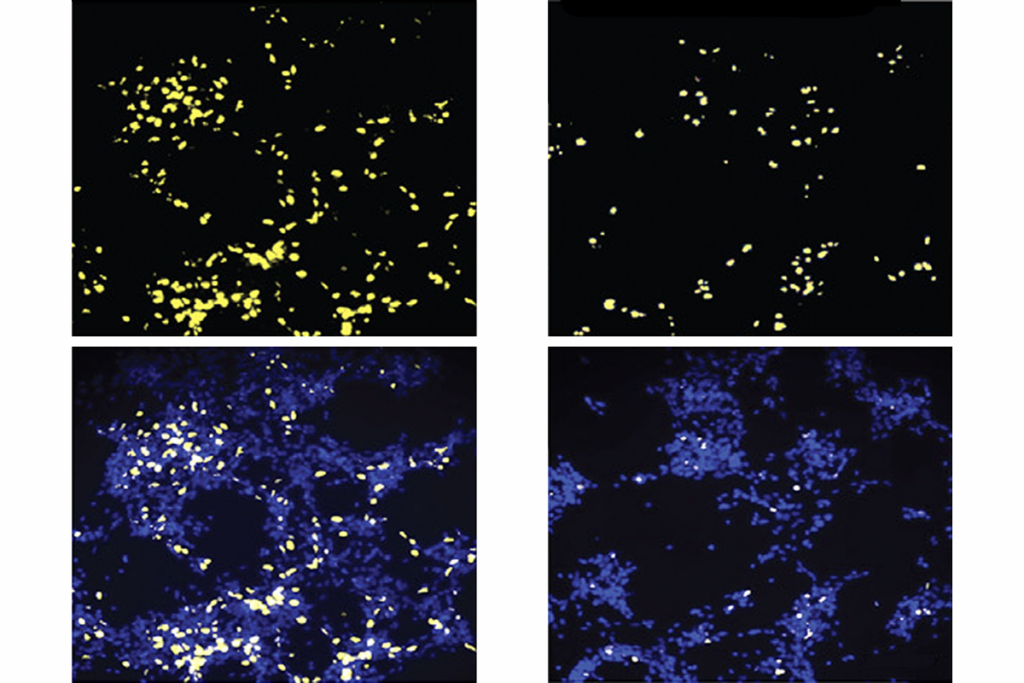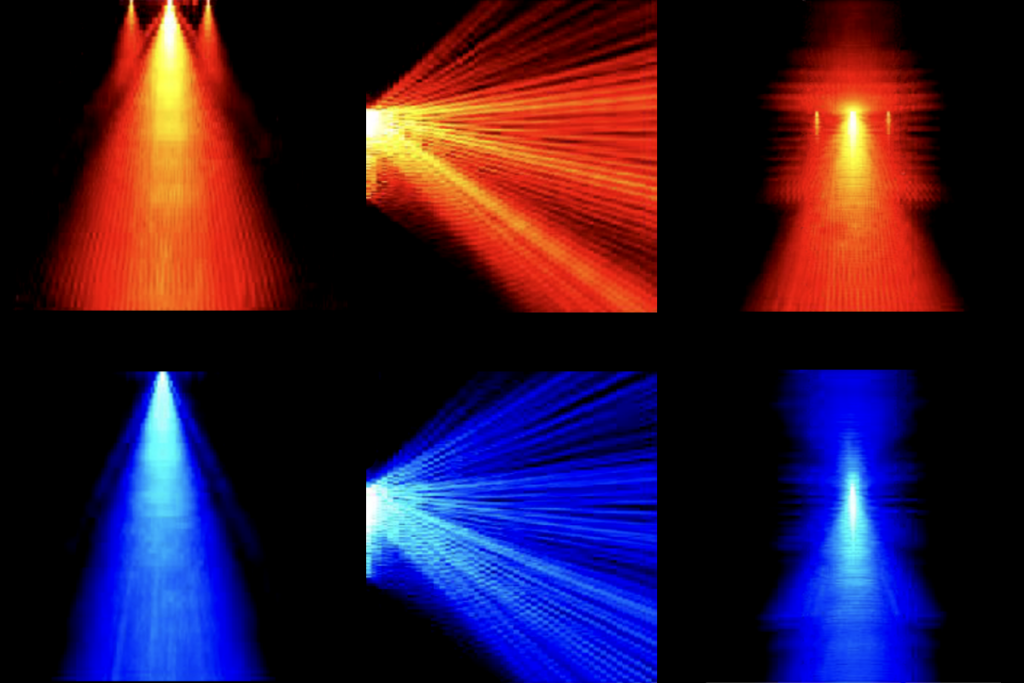A thousand splendid genomes
A massive three-year project launched today could help find scores of genetic variants that make some people more likely to develop autism and other diseases.
A massive three-year project launched today could help find scores of genetic variants that make some people more likely to develop autism and other diseases.
The “1000 Genomes Project” as it is called is intended specifically to map all kinds of variations ― both at the level of the sequence and whether that sequence has been deleted, duplicated or rearranged. As we learned earlier this month, too many or too few of a piece of chromosome 16 seems to cause autism in some people.
The new projectʼs goal is to find variants that fall somewhere between the most common ― like the ones that influence heart disease risk, for example ― and those that are truly rare, like those that cause cystic fibrosis or Huntingtonʼs disease.
The researchers will catalog variations that are present in at least 1 percent of the population across most of the genome, and 0.5 percent or lower within genes. The scale is immense: when up and running at full speed, the project is expected to generate more sequence in two days than was added to public databases for all of the past year, according to one researcher. Everything these groups find will be freely available to the entire scientific community.
All big projects inspire skepticism. At least this time, that has nothing to do with funding. Thereʼs been so much progress on sequencing techniques that the project is pegged at less than $50 million.
But as Erika Check Hayden, my former colleague at Nature, reports, some experts are skeptical about the projectʼs aims.
For example, they note that the project wonʼt collect data to match what they find with real physical and health indicators ― which means that, at best, this study will find preliminary connections that will need to be confirmed by follow up studies.
Recommended reading

Documenting decades of autism prevalence; and more

Expediting clinical trials for profound autism: Q&A with Matthew State
Explore more from The Transmitter

‘Perturb and record’ optogenetics probe aims precision spotlight at brain structures


